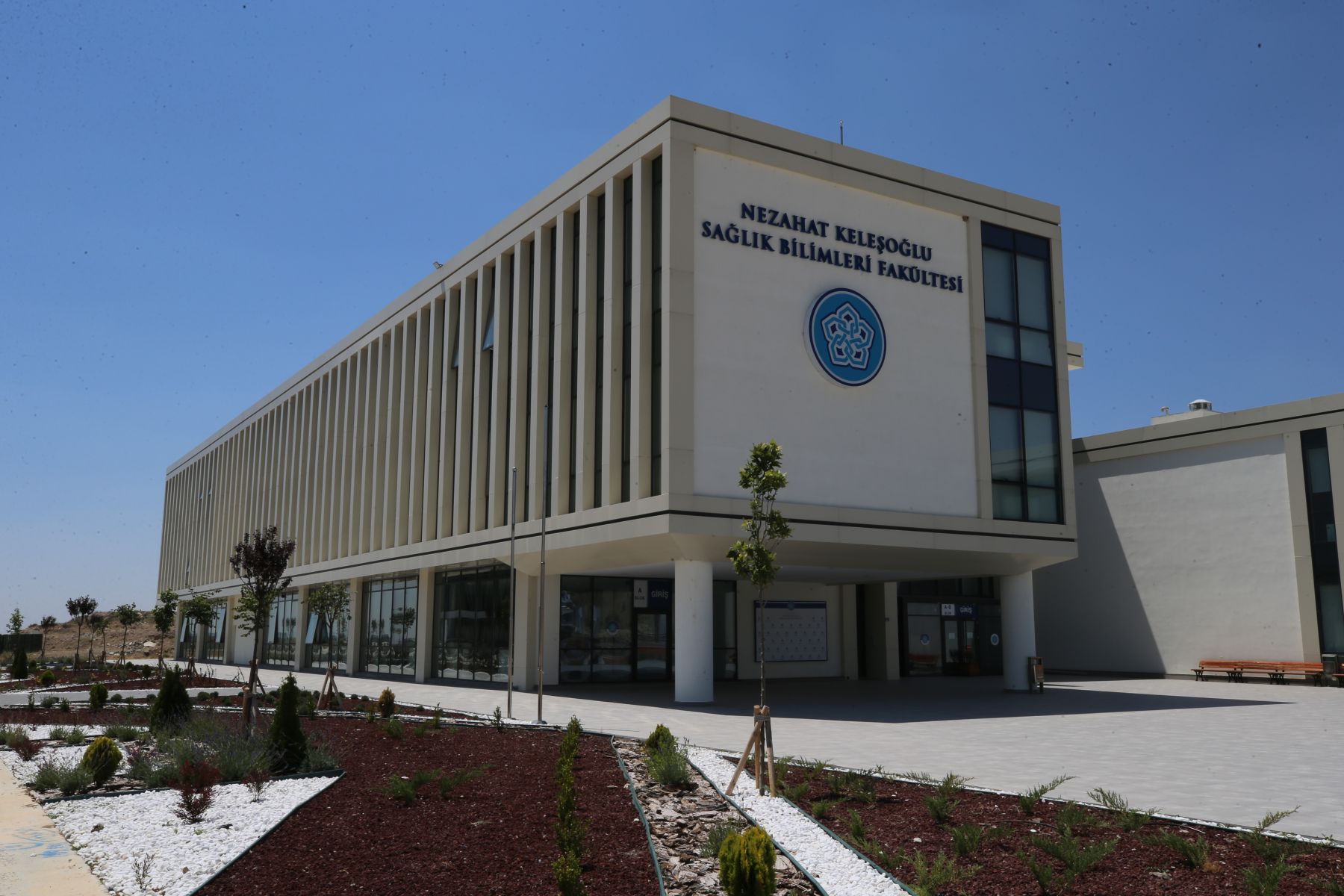The Department of Physiotherapy and Rehabilitation at Necmettin Erbakan University Nezahat Keleşoğlu Faculty of Health Sciences aims to train physiotherapists who are well-equipped, adhere to ethical values, and have a scientific perspective to meet the needs of our country in the field of health. In our department, educational activities are supported by practice-based learning in addition to contemporary theoretical knowledge; students gain comprehensive skills in clinical competencies, assessment and evaluation methods, and patient-centered approaches.
The primary goal of our department is to increase the functions, support independent living, and improve the quality of life of individuals with reduced physical mobility due to illness, injury, aging, pain, or congenital disorders. Physiotherapists play an active role in restoring physical well-being by implementing individually planned assessment, treatment, and exercise protocols. In addition, they provide preventive health services aimed at increasing and maintaining physical activity levels in healthy individuals.
Today, the development of technology, a more sedentary lifestyle, and the increase in the elderly population have made the role of physiotherapists even more important. In this context, the physiotherapy and rehabilitation profession is not limited to clinical practice but also offers specialization opportunities in many subfields such as sports, orthopedics, neurology, pediatrics, cardiopulmonary rehabilitation, women’s health, and occupational health.
Our department constantly updates its educational vision in line with the requirements of the 21st century; it prioritizes scientific studies, projects that contribute to society, and national/international collaborations. While our students are prepared for professional life as ethical, research-oriented, productive, and solution-focused individuals, graduates who aim for an academic career are offered opportunities for development through master’s and doctoral programs.


